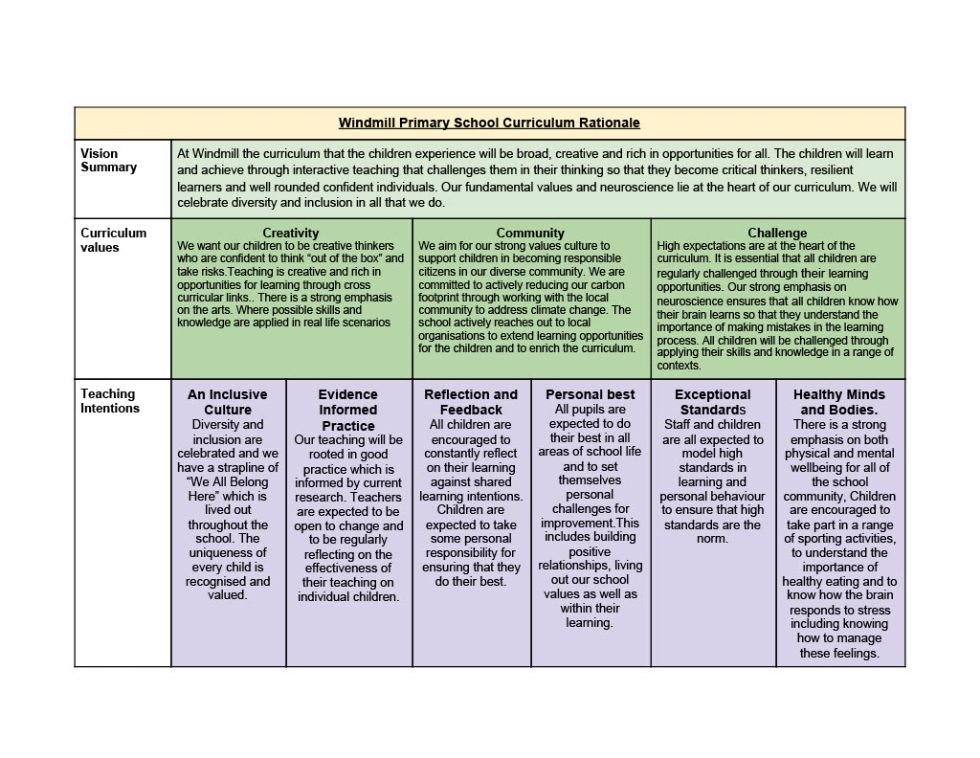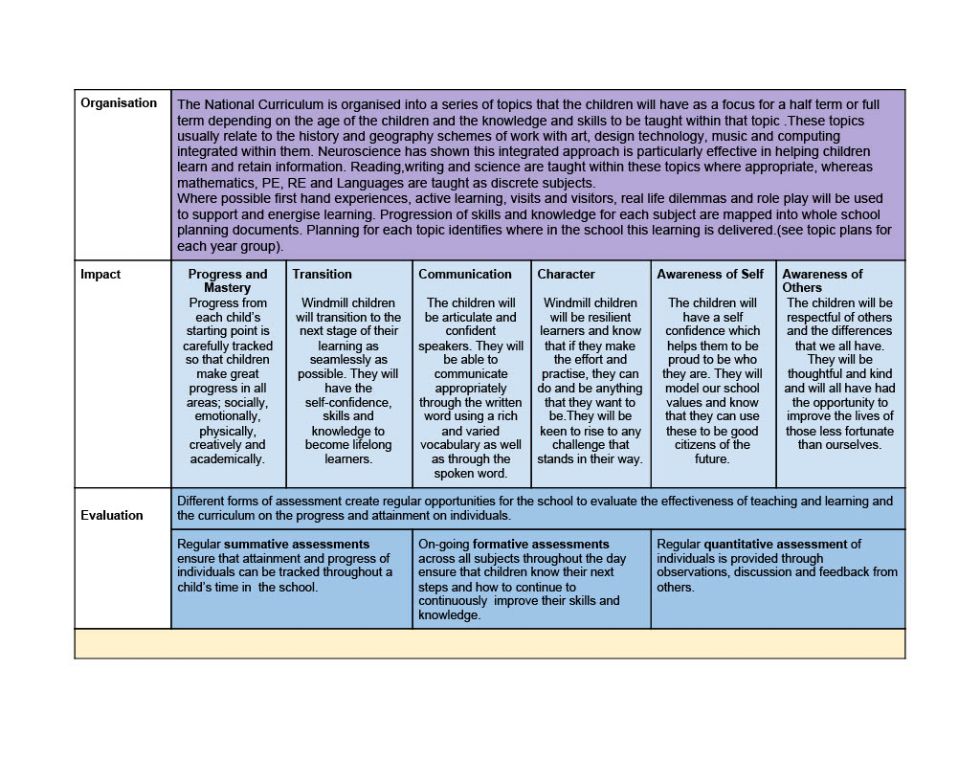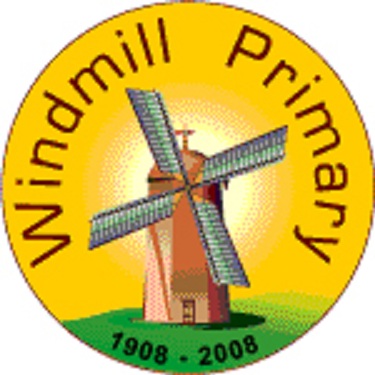The Curriculum at Windmill
It's not just in the Classroom!
Windmill Primary School Curriculum Statement
Our curriculum is a reflection of the core values of the school. It is designed to be inclusive, inspiring and to support us in delivering our school vision and the National Curriculum. The delivery of the curriculum takes into account neuroscientific research.
To find out more about our values, click here: Values at Windmill
To find out more about how we teach different subjects, click here: Subjects at Windmill
The Learning Culture at Windmill
At Windmill we use neuroscience to underpin our approach to teaching and learning. We have a scheme of work which outlines how we teach the children about their brain. All children learn about the formation of neural pathways as we learn new things, so that they understand why we make mistakes and need to practise to become masters of new skills.
To download a copy of our curriculum rationale, please see the documents at the bottom of the page.


Interactive Learning
We believe that the more interactive the teaching, the more likely children will be able to retain skills and knowledge. Many key facts are taught through singing, dancing and fun interactive games.
Curriculum Organisation across the school
The content of the National Curriculum is mapped through topics across year groups to ensure appropriate continuity and progression of skills and knowledge within each subject.
Subject leaders are responsible for supporting and planning and monitoring of each specific subject.
In addition to the National Curriculum, we embrace opportunities to extend and inspire learning and experiences to ensure that children leave Windmill as lifelong learners.
Subjects (including Literacy and Science) are integrated where there is a common theme of learning.
Curriculum Organisation in year
Each year group plans for the expected subject specific outcomes based on progression from the previous year group. Key skills and knowledge are planned and delivered through engaging and exciting teaching.
Year groups review topics annually to assess impact on learning and to tailor forthcoming learning to the cohort.
Concepts
As children progress through the school they will encounter a set of core concepts which link directly to our school vision. Each year the children will meet these concepts across a range of curriculum subjects and within different contexts to support their understanding.
The concepts are: Power, Resistance, Sustainability, Source, Diversity and Creation.
Curriculum/Topic overviews for individual year groups can be found on the relevant year group pages.
Please find more information below about the curriculum overviews for Year 1-6.
You can also see and download details of the Primary National Curriculum.
Dilemma Led Learning
We aim to create learners who are a vision of hope and who have been equipped with the capacity to think, apply knowledge, empathise, weigh up and debate evidence, consider consequences and make informed choices. Each year group has an over-arching emotive theme for each topic linked to the key curriculum concepts, this creates opportunities for developing deeper thinking and is led by compassion. Links are made term by term between units of work, but also the spiralling nature of the curriculum means links are made year group to year group, creating cohesion and progression both in subject knowledge and complexity of thought.
